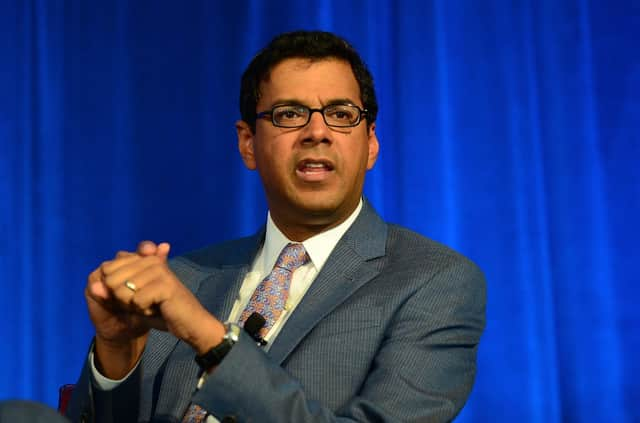Thinking about death can help us ask the right questions about how to live a good life – Karyn McCluskey


He wrote about the role of medicine and advanced technology in extending life, care homes and the medicalisation of frailty and death.
His most striking line, often quoted, is that, “our ultimate goal, after all, is not a good death but a good life to the very end”. In essence what is required is a life rich with meaning and as full as possible.
Advertisement
Hide AdAdvertisement
Hide AdGawande proposes a checklist manifesto for us to speak to those who are facing challenges of illness and frailty. It’s to ask what their understanding is of where they are and, if relevant, what they know of their illness.
What are their fears and worries for the future? What are their goals and priorities? What outcomes are unacceptable to them? What are they willing to sacrifice and what not? What does a good day look like?
In asking these questions we find out what the goal actually is – what we want or need in life. We establish the boundaries and what really matters.
That fundamental question of “what we need or what we want” sounds almost like a question from a philosophy class, but therein lies the key to choice.
Often we do not seem to fully understand the difference between want and need and, ironically, both are rationed in our society. Choice often comes down to a Hobson’s Choice – this or nothing – which is no real choice at all.
It struck me that Gawande’s checklist is the foundation for so many of the conversations I have with people whose lives are consumed with alcohol or addiction to other substances and, critically, also with those who surround these people.
The answers enable us to move to a place of shared decision-making, to move away from paternalism and deciding what is best for people.
It’s about creating better options – enabling people to make choices that lead to a purposeful, good life. And that ‘purposeful, good life’ being defined by the person themselves for myriad reasons, despite us professional bystanders with our frameworks and legislation ready to tell people they are making ‘bad lifestyle choices’.
Advertisement
Hide AdAdvertisement
Hide AdOf course, life choices are not created equally. It would be folly to suggest that they are, yet choice is important and puts those most affected by the decision at the heart of the activities.
However, these questions also have a broader implication in how we deal with each other and value difference in our work colleagues, what drives people and what matters to them. We need to be comfortable enough to ask these questions as people reconsider what matters to them now.
Many will have lost people through Covid, relationships will have changed, people may have decided that they want to spend more time with family, look after grandchildren. Lives have changed. Forever, in many ways.
Do I have hope for the future? Always. Do I hope that this all will come to an end? As author Dean Koontz says, “it will all be better in the end and if it is NOT better, then it must not be the end yet”.
Karyn McCluskey is chief executive of Community Justice Scotland
Comments
Want to join the conversation? Please or to comment on this article.
